Date: 3 April 2014
The U.S. Green Building Council’s Leadership in Energy and Environmental Design (LEED) v4 recognizes the value of PCRs/EPDs and includes credit language that recognizes EPDs.
“Developing the flat glass PCR with NSF International is an important next step toward a more sustainable future for the glass industry,” said Urmilla Jokhu-Sowell, GANA Technical Director. “This PCR will give glass manufacturers an opportunity to identify and focus on reducing the environmental impacts of their products and operations and to differentiate themselves in the marketplace.”
The flat glass PCR was established in accordance with international environmental management guidelines (ISO 14025: Environmental labels and declarations -- Type III environmental declarations) through the NSF National Center for Sustainability Standards (NCSS). NSF International’s NCSS utilized an open consultative process to develop the PCR with participation from an expert panel of glass manufacturers, suppliers, regulatory agencies, life cycle practitioners, trade associations and end users. The NCSS has developed PCRs and American National Standards in sustainability for a wide range of product categories, including chemicals, commercial furnishings, flooring, building products and materials, and water treatment and distribution systems.
“The development of product category rules for flat and float glass helps meet the increasing demand for transparency in environmental claims. Our robust PCR development and EPD validation services are focused on assisting industries in meeting these market demands with science-based and verifiable information,” explained Tom Bruursema, General Manager of NSF International’s Sustainability Division.
For more information on NSF Sustainability, visit nsfsustainability.org or contact Jamie Bush at jbush@nsf.org.
Editor’s note: To schedule an interview with NSF Sustainability General Manager Tom Bruursema, contact Kelly Ingerly at 734-827-6850 or media@nsf.org.
About NSF International: NSF International is an independent global organization that writes standards, and tests and certifies products for the construction, food, water, health sciences and consumer goods industries to minimize adverse health effects and protect the environment (nsf.org). Founded in 1944, NSF is committed to protecting human health and safety worldwide. Operating in more than 150 countries, NSF International is accredited by the American National Standards Institute (ANSI) and is a Pan American Health Organization/World Health Organization Collaborating Center on Food Safety, Water Quality and Indoor Environment.
NSF Sustainability draws upon this expertise in standards development, product assurance and certification, advisory services and quality management systems to help companies green their products, operations, systems and supply chains.
Additional NSF services include Education and Training, safety audits for the food and water industries, nutritional/dietary supplement certification, organic certification provided by QAI (Quality Assurance International) and management systems registrations delivered through NSF International Strategic Registrations (NSF-ISR). NSF-ISR services include ISO 14001 environmental management systems registration, Sustainable Forestry Initiative (SFI) and chain of custody (COC) certifications.
About GANA: The Glass Association of North America (GANA) is the leading association serving flat glass manufacturers, fabricators and glazing contractors. Comprised of the Building Envelope Contractors, Decorative, Energy, Flat Glass Manufacturing, Insulating, Laminating, and Tempering Divisions, the Glazing Industry Code Committee, the Protective Glazing Committee, and the Fire Rated Glazing Council, GANA provides a forum for exchanging information and ideas and presenting a unified voice on matters affecting the glass industry and for developing the management and technical sophistication needed to remain competitive in a constantly changing business environment. To learn more about GANA, go to www.glasswebsite.com or follow us on Twitter at www.twitter.com/glassnation.
* Float glass is made by floating molten glass on a bed of molten metal, typically tin. Modern windows are made from float glass. (Source: Glass Association of North America)

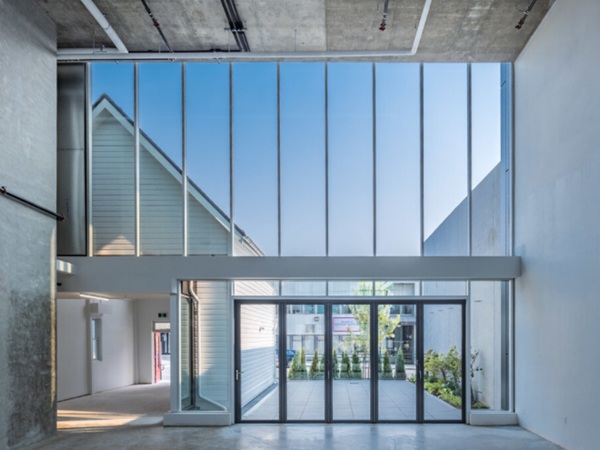
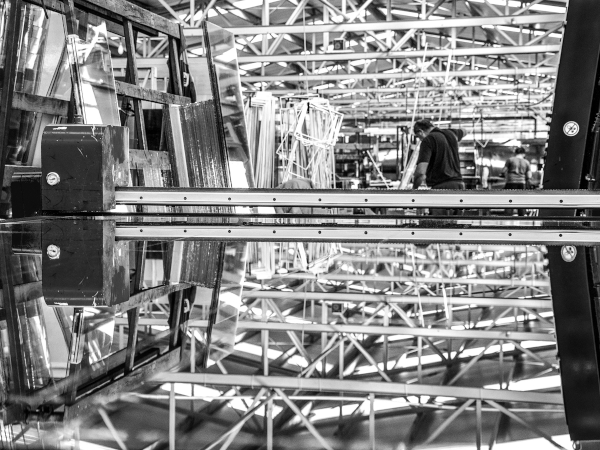
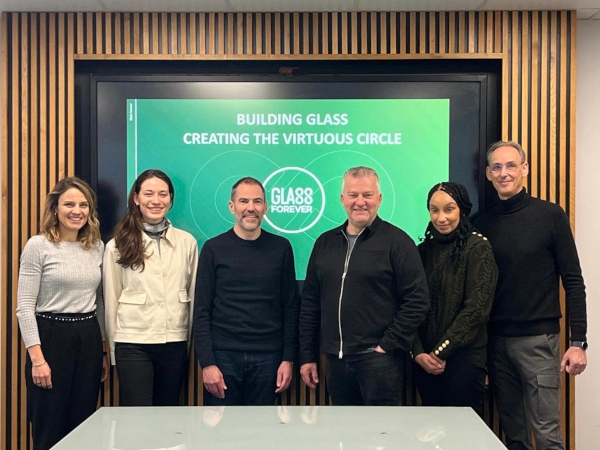










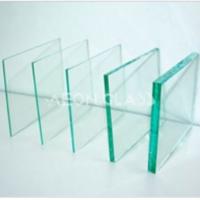
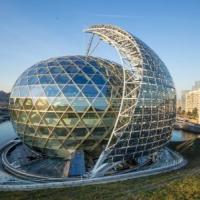
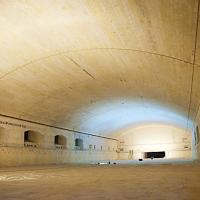
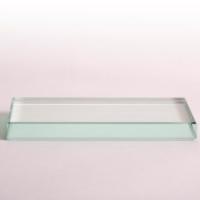
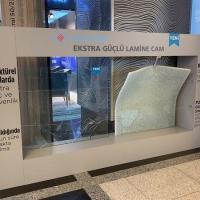
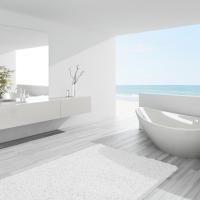
Add new comment